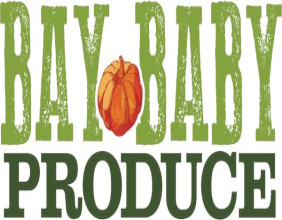Rising living costs are compounding the crisis faced by homeless youth and others without a roof over their head, social services say.
Jason Juretic, the CEO of youth homelessness service Stepping Stone House, says donations have fallen significantly as households feel the pinch of inflation.
"What we've found with inflation rising is that we are receiving fewer discretionary donations. People are pausing regular giving, or giving less," he said.
The NSW service supports some 80 vulnerable youth but is stretched to its limit, according to Mr Juretic.
Among them is Amy, who left home at 15 years of age after abuse at home. Unable to prove the abuse in court, she was cut off from government support and left at risk of living on the streets.
"I was in a shocking situation but the sad truth is that stories like mine are all too common and the pressure cooker of COVID and a higher cost of living has made that situation intolerable for many families and young people," she said.
Stepping Stone House provided Amy with food, shelter, counselling and life skills that allowed her to get her life back on track.
"I hate to think what might have happened to me if there wasn't a support system in place to help me put my life back together," Amy said.
With inflation persisting for the foreseeable future, Mr Juretic worries that a lack of support for at-risk youth will have terrible knock-on effects.
"We know that young people at risk of homelessness are more likely to end up in our health, mental health and juvenile justice systems if they don't get help early," he said.
A report by the Australian Council of Social Service found 97 per cent of community services cannot meet the growing demands placed on them.
NSW has more than 70,000 homeless people with older women most at risk of not finding a home, a NSW parliamentary report published in October found.
More than 20,000 homeless people in the state are Indigenous, according to peak body Homelessness NSW.




